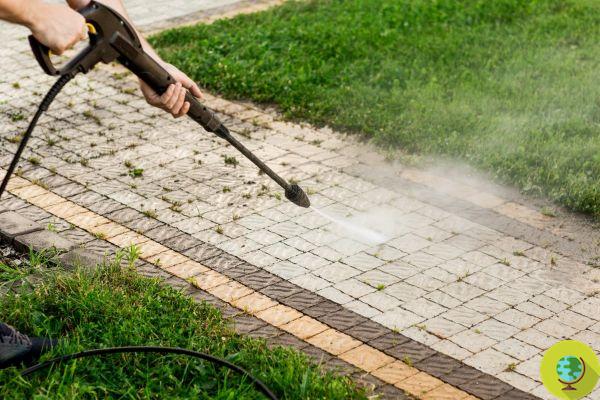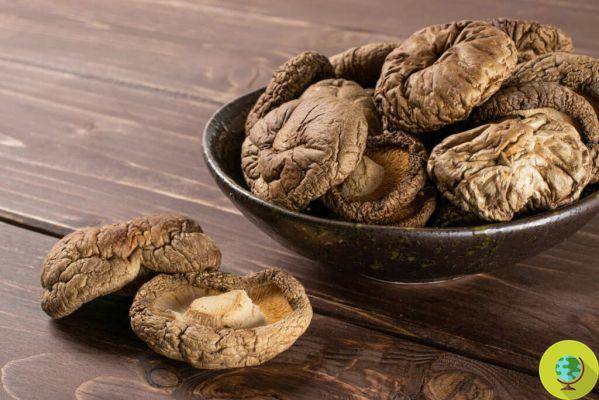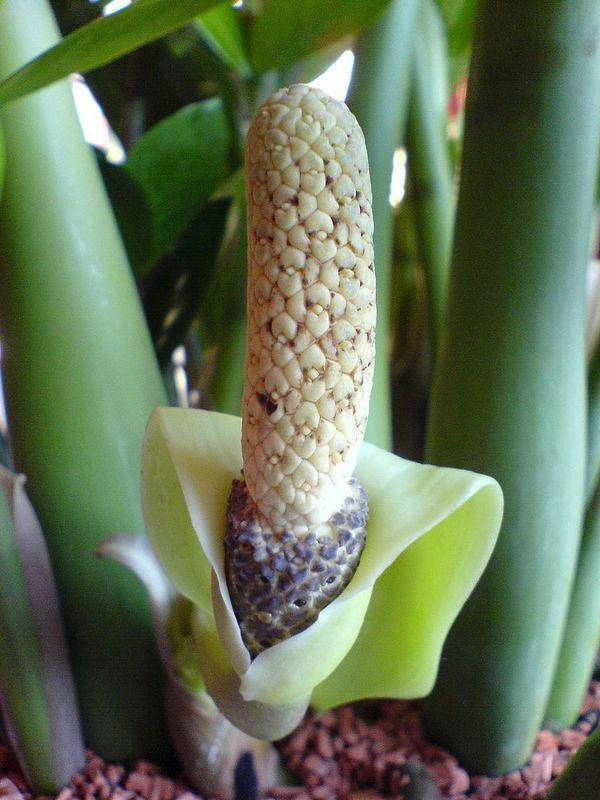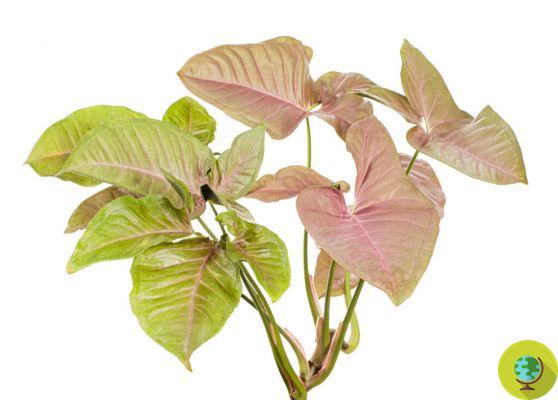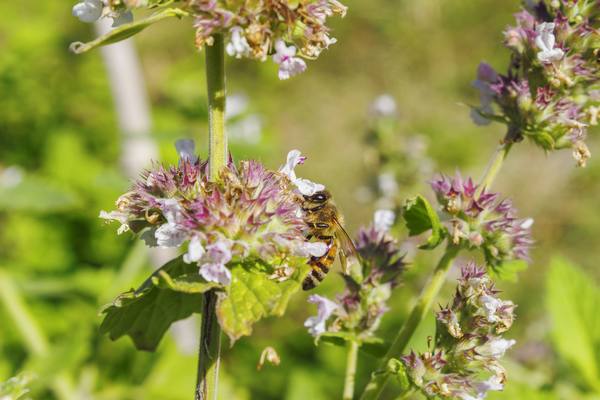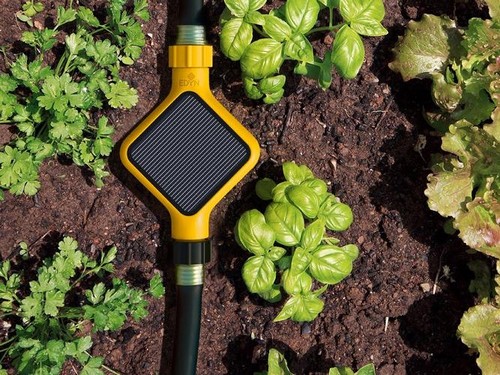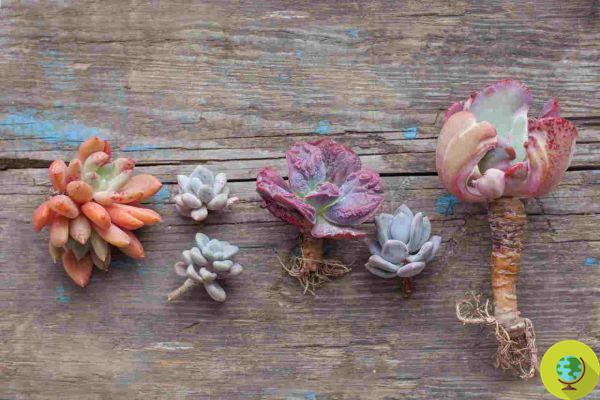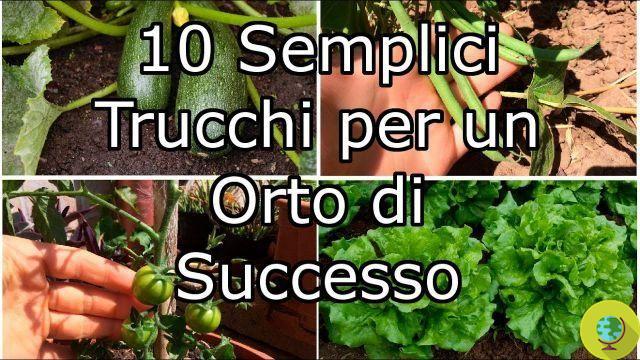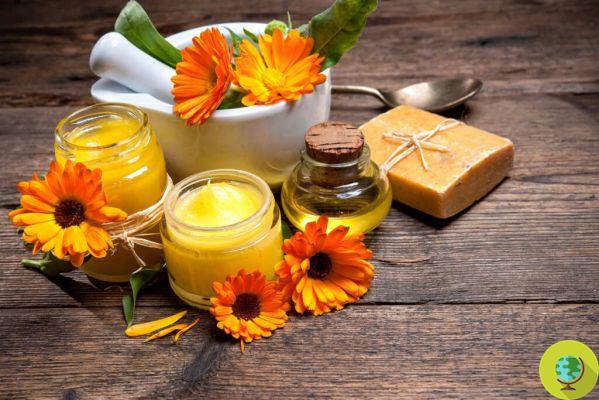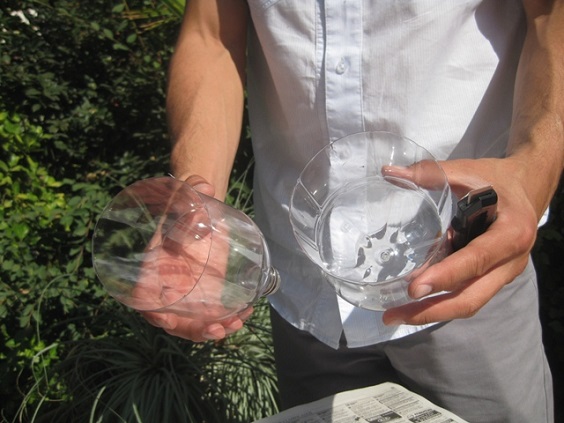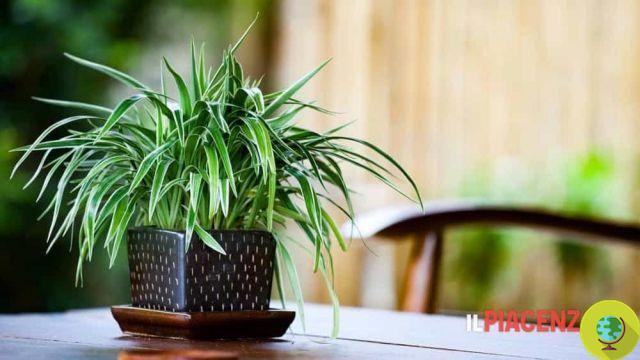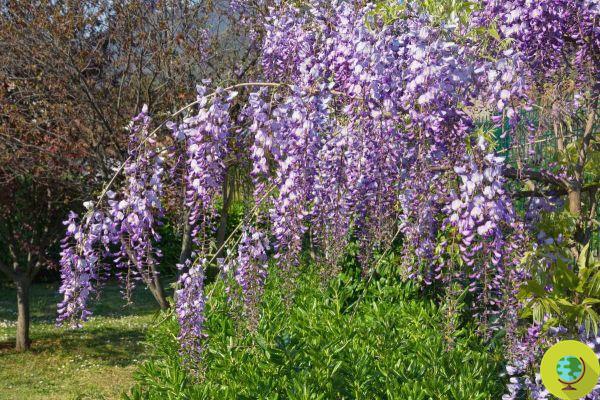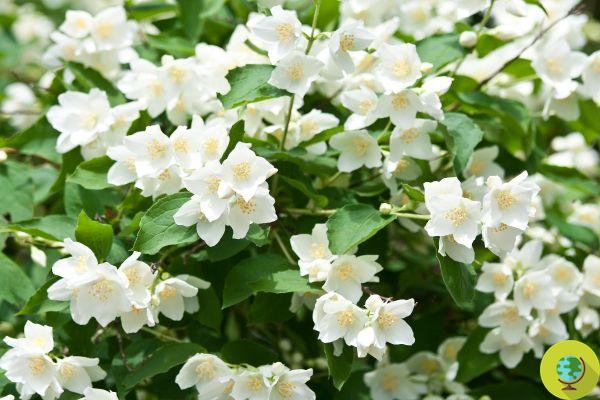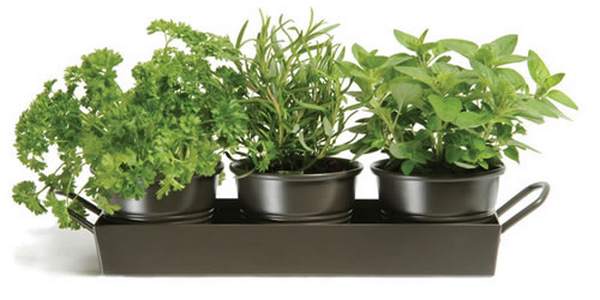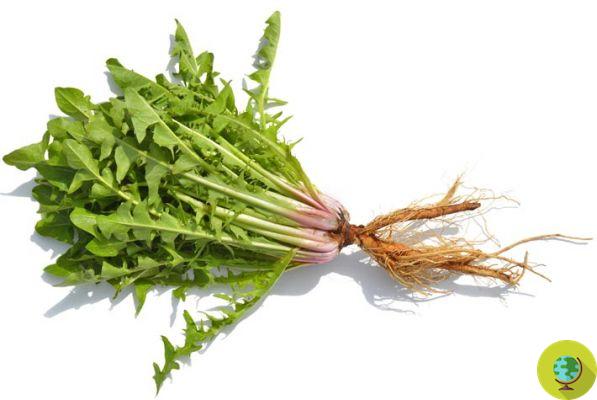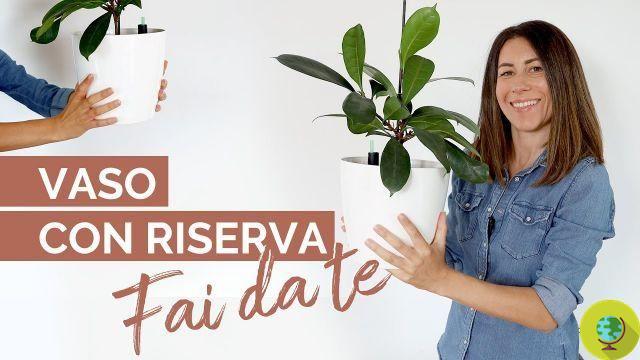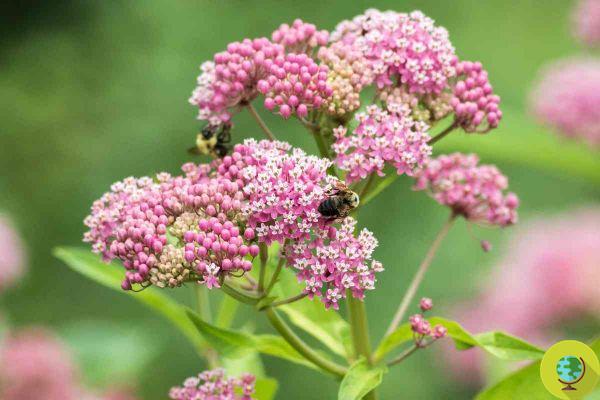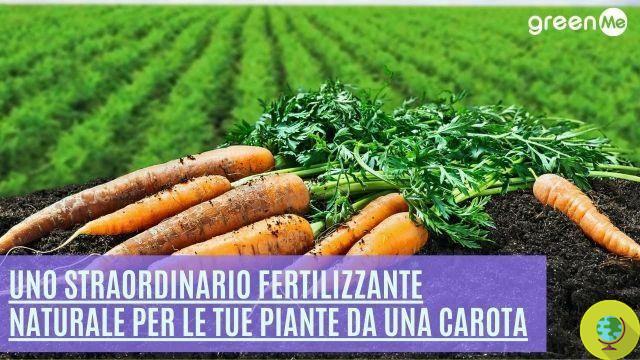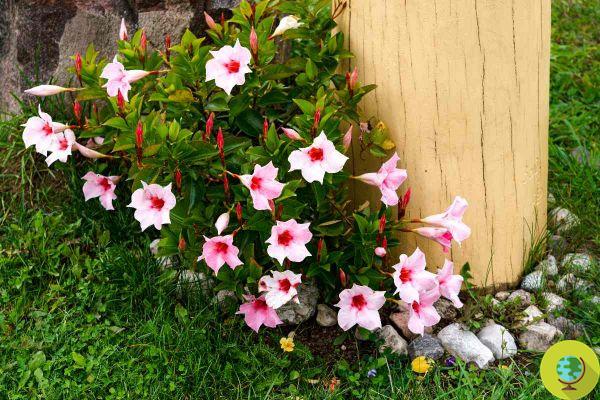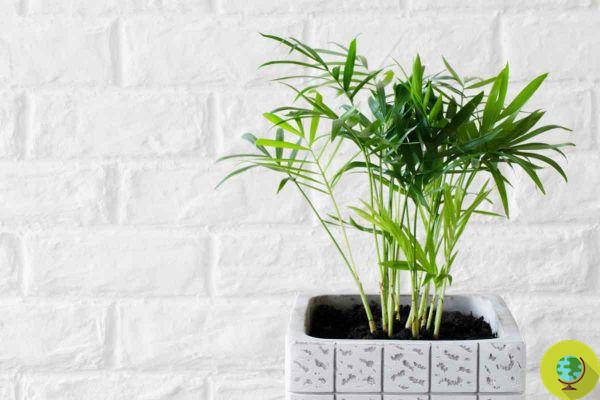Cochineal is one of the most common plant parasites that can affect plants in the vegetable garden and garden but also ornamental ones. The hot and dry climate, in particular, favors the appearance of scale insects, very small insects that attack plants.
La cochineal it is among the most common plant parasites that can affect plants in the vegetable garden and garden but also ornamental ones. The hot and dry climate, in particular, favors the appearance of scale insects, very small insects that attack plants.
The rains keep the presence of scale insects at bay and prevent it. So in case of rainy weather it is likely that you will not find the cochineal on your plants, while during the summer and the days of dry heat, here the cochineal could appear.
To protect your plants it is good to learn to recognize the cochineal and understand what they are natural remedies to delete it.
Index
How to recognize cochineal
The cochineal is identified by the presence of small insects of white color on the branches and leaves of plants and the sighting of discolorations and spots on the leaves themselves. Keep in mind that these are very small insects, equal to a few millimeters.
It is good to know that the cochineal not only attacks the leaves of the plants but also the branches and the fruits and that its presence predisposes the house plants, the vegetable garden or the garden to be attacked by fungal infections. Therefore it is always better to pay the utmost attention. If you notice ruined leaves but you do not know if there are also insects or parasites because they are perhaps too small, use a magnifying glass.
Cochineal, species and difference between cottony and floury
Within the large family of scale insects, there are subclasses of insects that have different behaviors and morphologies but have a common underlying characteristic, that of attacking plants to feed on their sap.
There are species of cochineal:
- polyphagous: they feed on the sap of any type of plant
- oliphages: only harm some plant species
Not all scale insects are dangerous for plants, the males of the insect, for example, are only useful for mating and there are some completely harmless species as they do not produce the characteristic honeydew.
Among the most infesting species of scale insects there are:
- cottony cochineal: it attacks above all ornamental plants, citrus fruits and legumes. It has a white back and produces enormous quantities of honeydew which lead the plant to get sick from other diseases such as smoky weather.
- mealy cochineal: it mainly prefers ornamental plants, vines, figs and citrus fruits. It always has a white back and many small paws that are useful for moving quickly. It produces a white wax that acts as a shield for its body. There is also a long-tailed one.
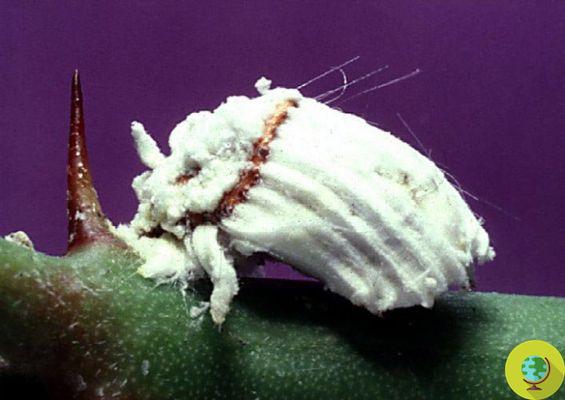 cottony cochineal of citrus fruits
cottony cochineal of citrus fruits
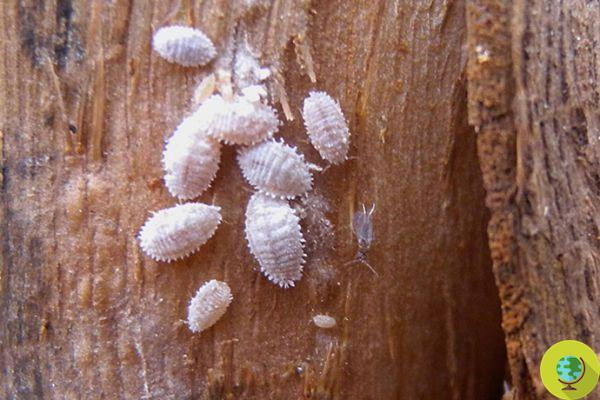 mealy cochineal of the vine
mealy cochineal of the vine
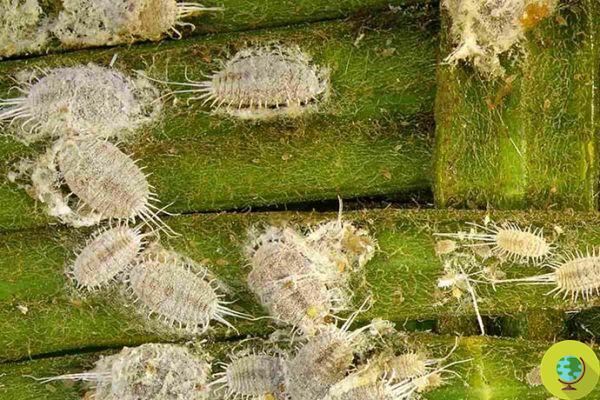 long-tailed mealy cochineal
long-tailed mealy cochineal
Other species of cochineal, quite common, are the one with a reddish back and the brown or yellow one that does not produce honeydew.
Consequences for the infested plant
When the cochineal infests one or more plants it creates damage that leads to the appearance of clear symptoms. The color and shape of the leaves tend to change by becoming faded, yellowing or appearing as burnt and curling up on themselves.
The plant also weakens and stops its growth. This happens because the honeydew produced by this insect creates a cover on the plant that prevents it from carrying out photosynthesis correctly and consequently gradually leads to its death. It also attracts the fumaggini creating further problems.
It is clear that if you notice the presence of cochineal, you need to intervene promptly to help the plant heal.
Natural remedies to eliminate cochineal
What are the remedies we can use to eliminate or prevent cochineal? Here are some helpful tips and grandmother's remedies.
Marseille soap
A mixture of water and Marseille soap it is often used as a natural pesticide for plants. Just dissolve a few drops of liquid Marseille soap or some soap flakes in a spray bottle with water and apply the mix only in the points of the plants where the cochineal is present. Act in the evening and keep in mind that even the application of water alone with a spray can help you eliminate the cochineal with a real washing of the plants.
Read also: PARASITES: THE 10 WORST ENEMIES OF PLANTS
Garlic
THEgarlic protects the plants in your garden from the attack of numerous parasites. The advice is to plant garlic bulbs at the foot of the plants to protect them from cochineal and other insects. This remedy works very well especially for rose plants and dwarf fruit plants, for example the dwarf peach tree thanks to garlic is also protected from the typical disease called 'bubble'. To eliminate cochineal you can also prepare a garlic decoction or experiment with the garlic alcohol recipe.
Read also: HOW TO USE GARLIC AGAINST GARDEN PARASITES
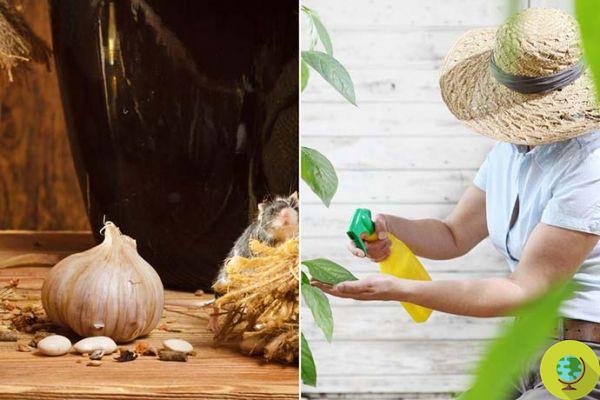
Propolis
To get rid of cochineal from your plants, try a gentle remedy. Pour in one or two teaspoons of propolis in half a liter of water, mix and transfer everything into a spray bottle. Spray this mixture on the plants where the cochineal is present.
Pruning of infested plants
If your plants are really heavily infested with cochineal you may want to think about prune the most damaged parts and where the presence of this parasite is greater. Remove the pruned branches and leaves from the garden and vegetable garden to avoid further spread of the cochineal.
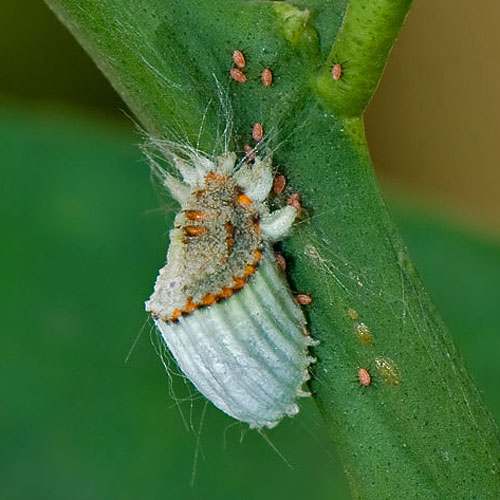
Denatured alcohol
Among the remedies to eliminate cochineal we find thedenatured alcohol. It is a more aggressive remedy than the others that we can resort to if previous attempts have not worked. It involves rubbing the points of the plants affected by the presence of cochineal with a cotton swab soaked in denatured alcohol. Denatured alcohol will prevent you from resorting to toxic pesticides to eliminate cochineal.
Cochineal and red dye
Cochineal is known not only for being a plant weed but also for being a pest from this insect a red dye is obtained, commonly used by the food industry but above all by the beverage industry.
The red comes from the thick liquid that these insects secrete in case of attack by predators and which they use as a defense shell.
To produce the red cochineal, a real massacre of these insects is made: to produce a kilo, in fact, about 100 thousand cochineals are needed.
You can recognize this dye on product labels with the code E120.
Read also:
- Aphids: 10 natural remedies to protect vegetable and garden plants without toxic products
- Plant diseases and pests: how to recognize them. Symptoms and remedies
- Garlic alcohol: how to make the insecticide at home against aphids, scale insects and other insects
Marta Albè




